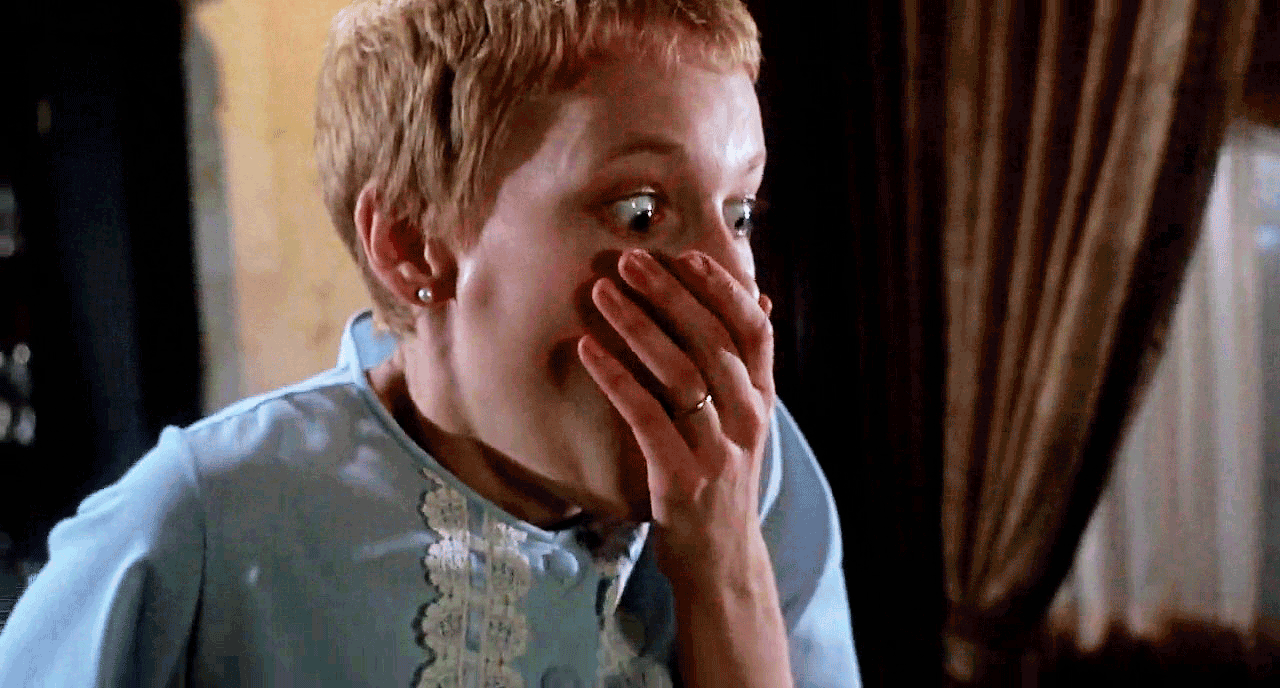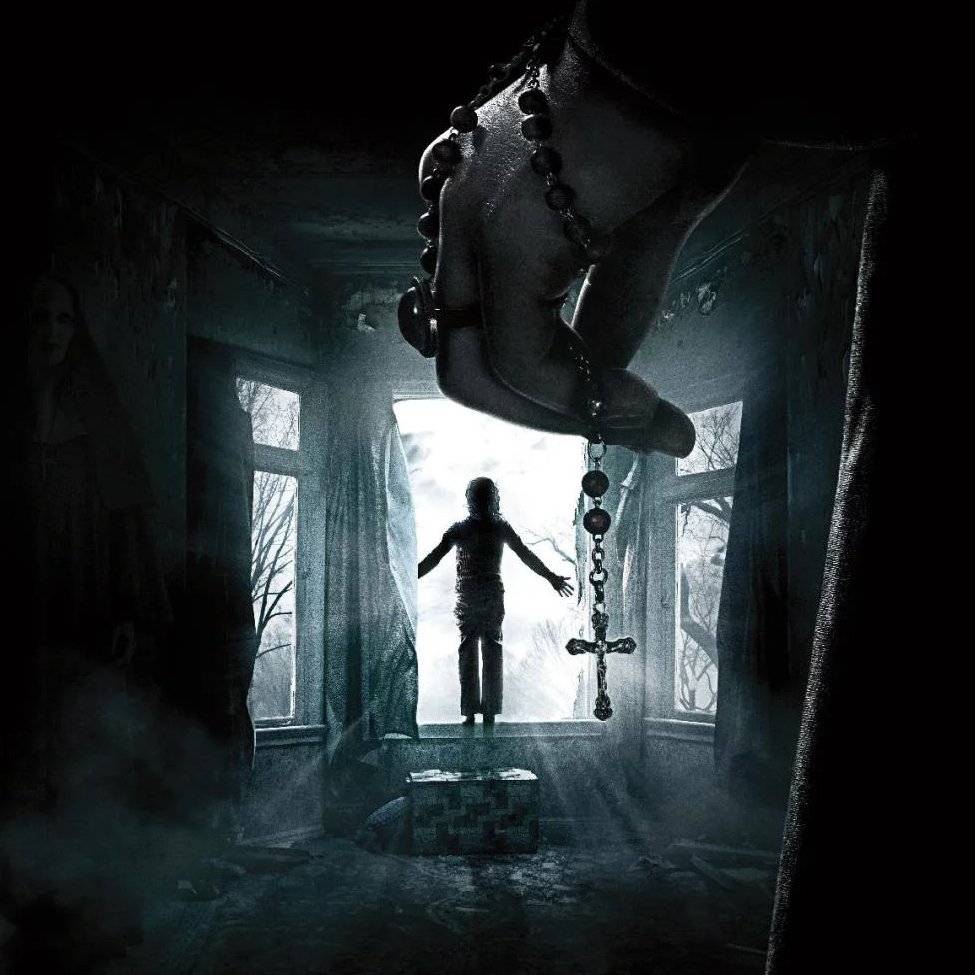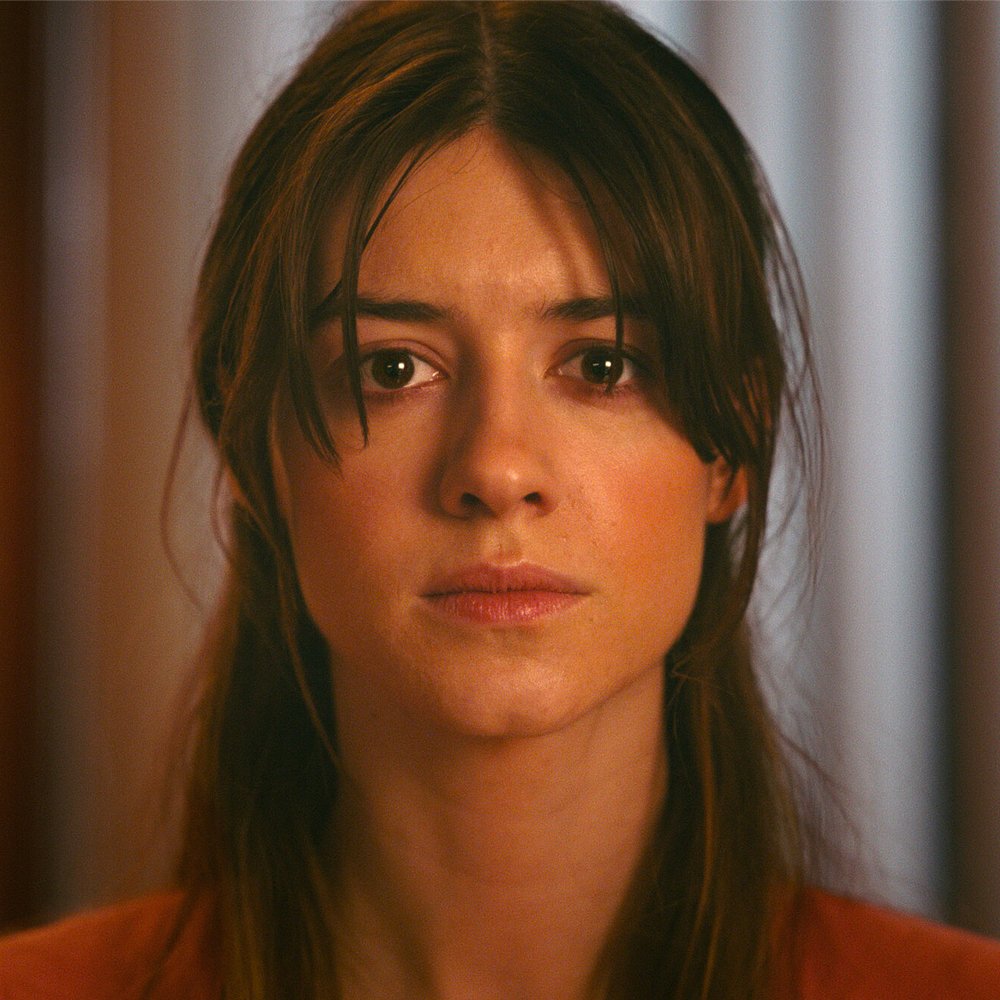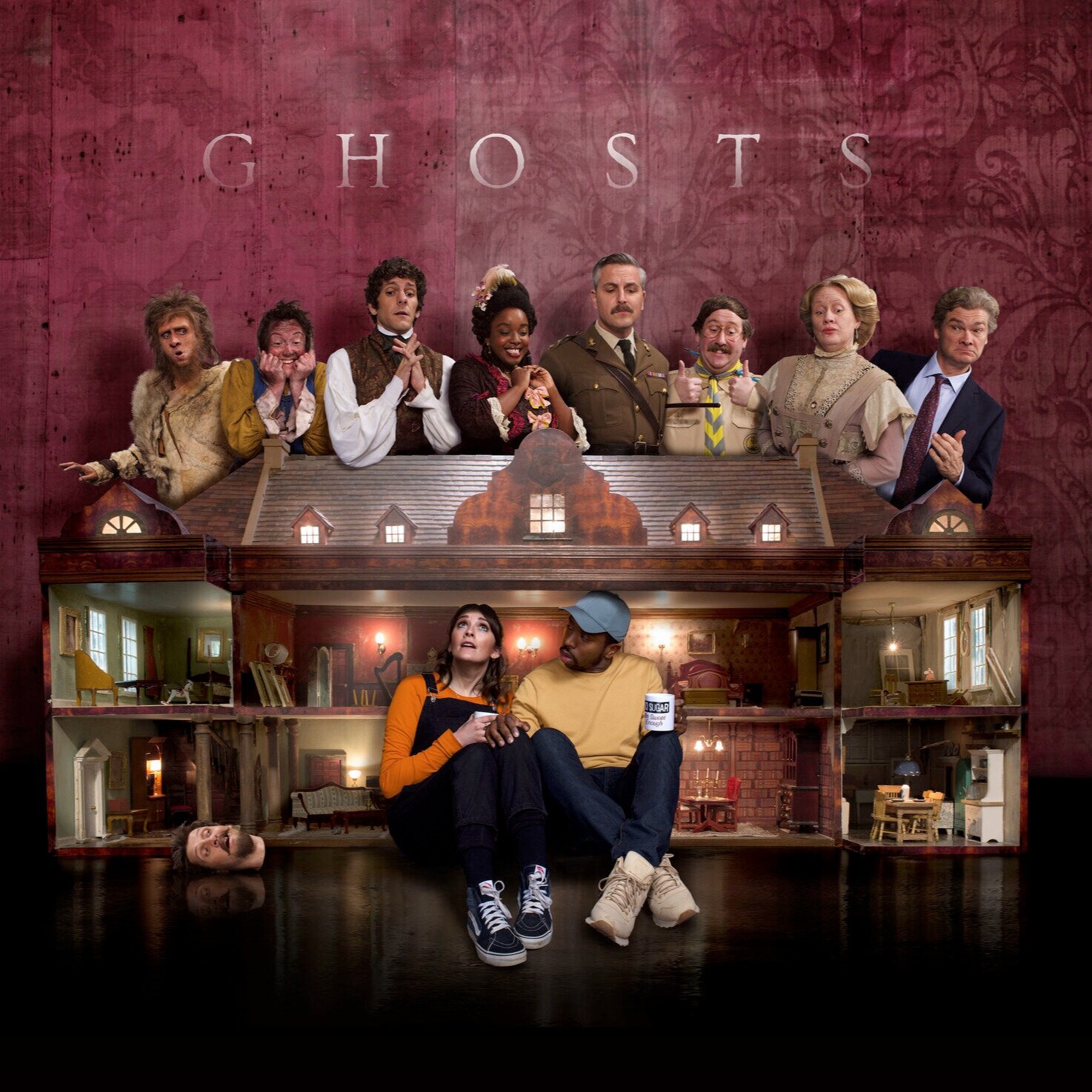Weekly Horror: Rosemary's Baby

“This is no dream! This is really happening!”
I used to hate horror films. I remember the nightmares I used to have after watching Paranormal Activity back in 2007; I was 12, and terrified. I don't know if I got used to gore because of hyper-violent television (like my beloved Game of Thrones), or if I started appreciating the genre of horror through my film studies, but now I can sit through an entire horror film and actually enjoy it.
One of the first ones I decided to watch was Roman Polanski’s infamous 1968 film, Rosemary’s Baby. Mia Farrow stars as Rosemary Woodhouse, a young and beautiful newlywed who moves into a new apartment on the Upper West Side with her husband, Guy (John Cassavetes). There, they meet their eccentric neighbors, the Castevets (played by Ruth Gordon and Sidney Blackmer), whom Rosemary is justifiably weary of. At the beginning of the film, her friend Hutch (Maurice Evans) warns her of the building’s history of cannibalism and witchcraft, but the young couple shrugs it off.
However, in a typically gothic fashion strange things start happening to them, shortly after they move in: a young woman from the building commits suicide; Guy’s unsuccessful career as an actor/comedian takes a beneficial turn after an actor suddenly turns blind; and Rosemary gets pregnant after a bizarre and brutal dream in which an inhuman monster sexually assaults her. The pregnancy goes terribly: Rosemary experiences excruciating pain and looses weight, her only help a mysteriously unhelpful doctor, Dr. Sapirstein (Ralph Bellamy). whom the Casavets who provide her with.
It’s all very spooky and intriguing, precisely because Polanski never attempts to explain what is real and what is part of Rosemary’s own hallucinations. From the start, though, he gives us clues to the extent that we suspect what is happening, and by the time the film ends, we can say, “Ah, I called it!” But Rosemary doesn’t, and we can’t help her. Perhaps it is the inevitability of our inaction that is so frustrating.
On top of all of this, the context of the film is incredibly interesting. Some fans and critics say that the curse of Rosemary’s Baby also affected the director. A year after the film’s release, Polanski’s pregnant wife, Sharon Tate, was found murdered in her Los Angeles home by a group of hippie fanatics who called themselves the Manson Family.
One of the big themes of the film is sexual behavior, especially in the form of assault; even in the late 1960s, the Polish director tackled such a controversial issue, putting questions in people’s minds about the blurry lines that surround sexual assault, and the possible proximity of the assaulter. “I didn’t want to miss the night,” Guys says as a sort of explanation for his actions. Throughout the film, he isn’t punished – only Rosemary and her innocence are.
Mia Farrow’s performance is honestly impressive: at only 23, and completely new to the movies, she delivers such genuine and raw emotions that are difficult to shake off. The film isn’t scary in a bloody, gory sense, but rather a psychological one, making you doubt relationships, first impressions, trust, and God –to name a few.


























